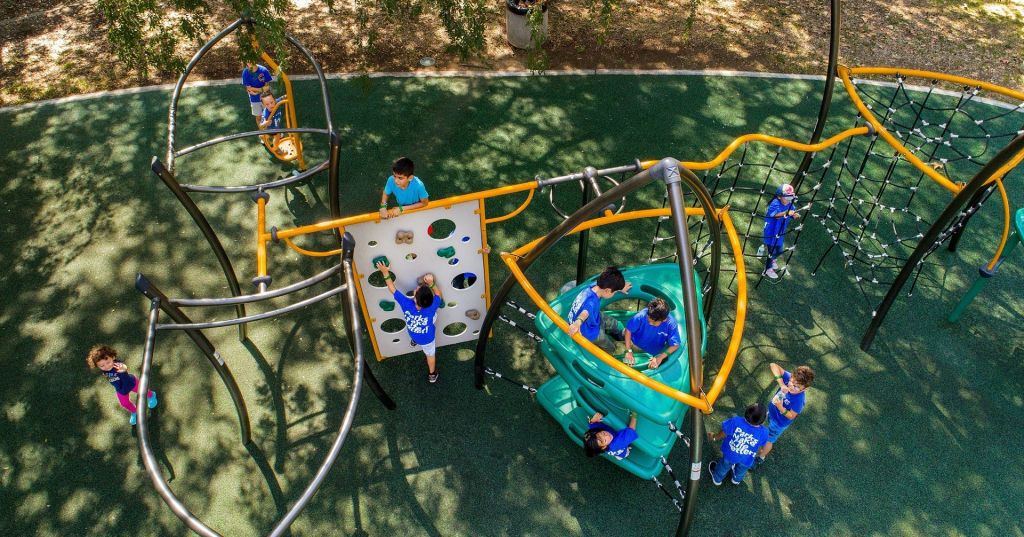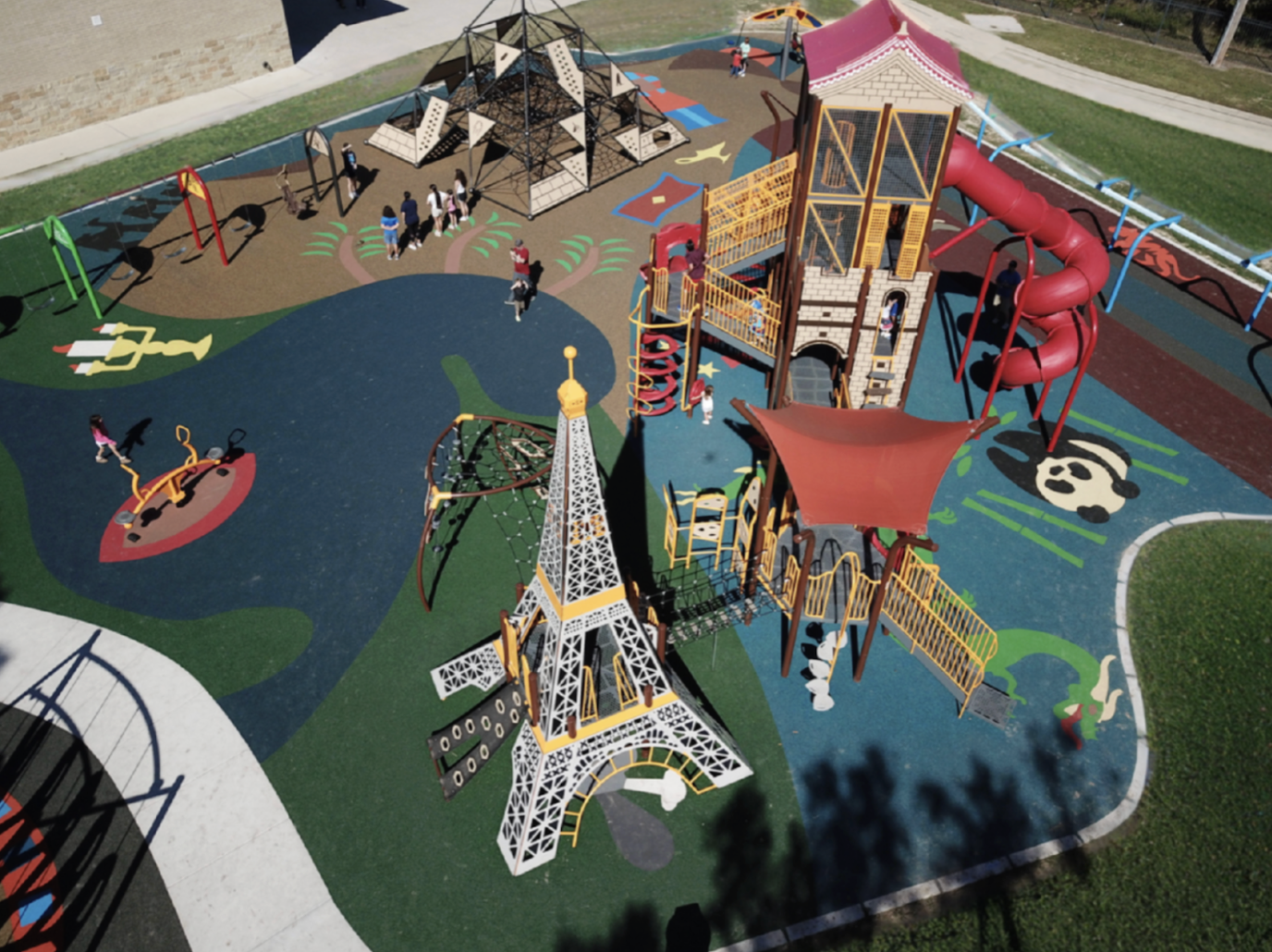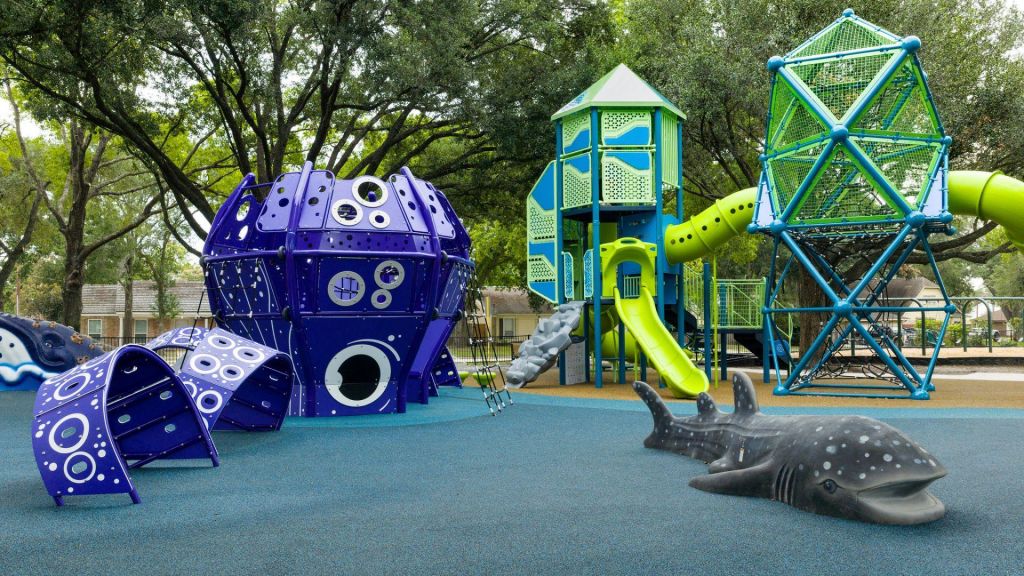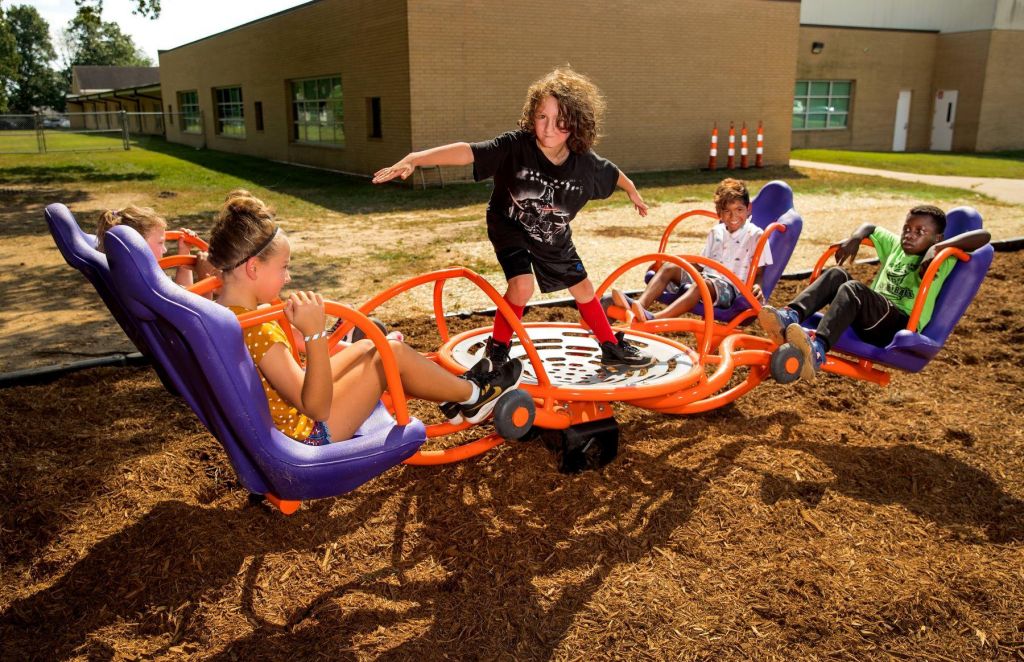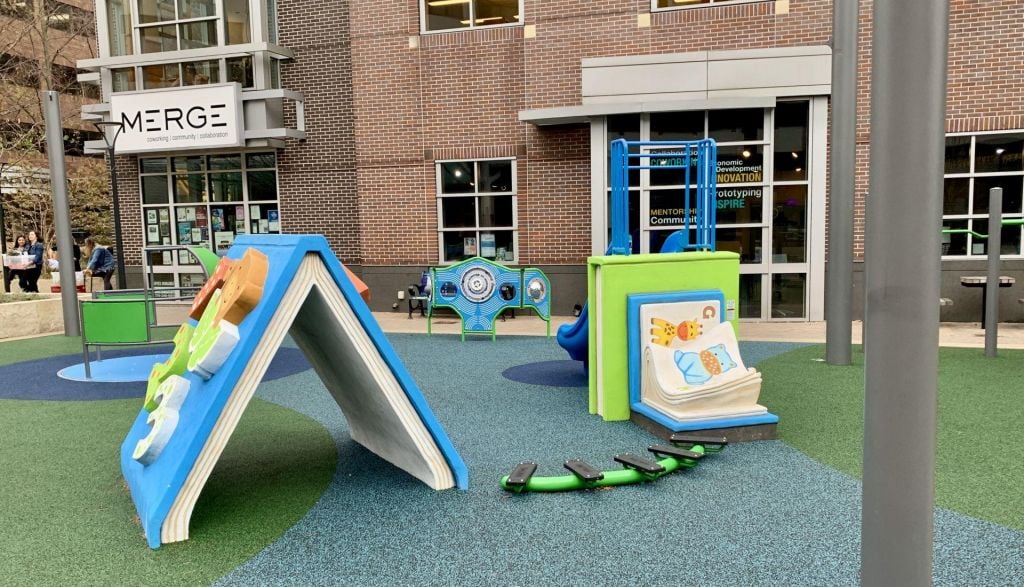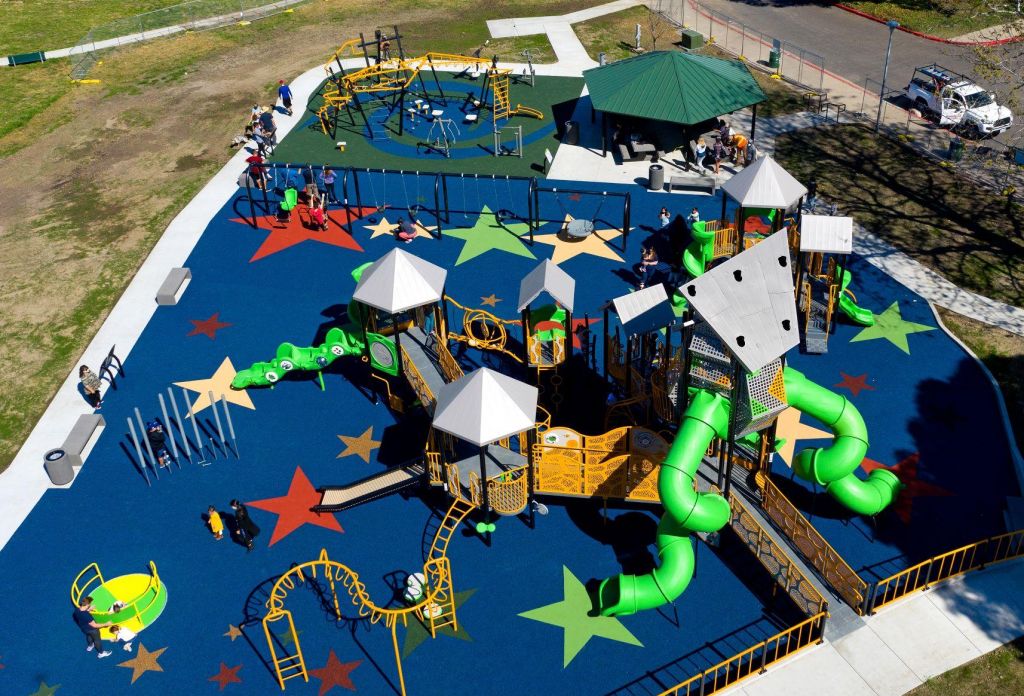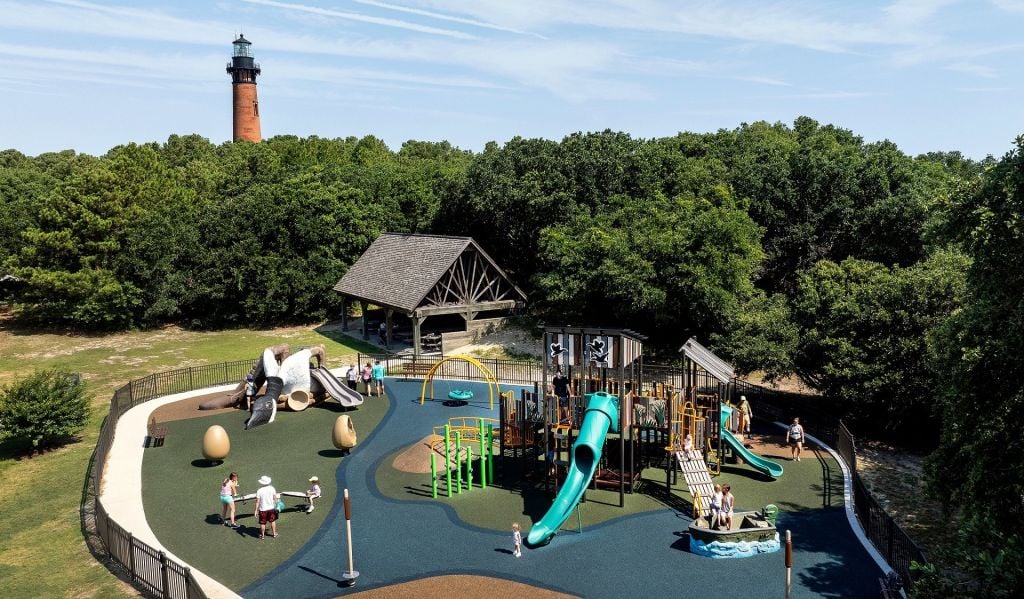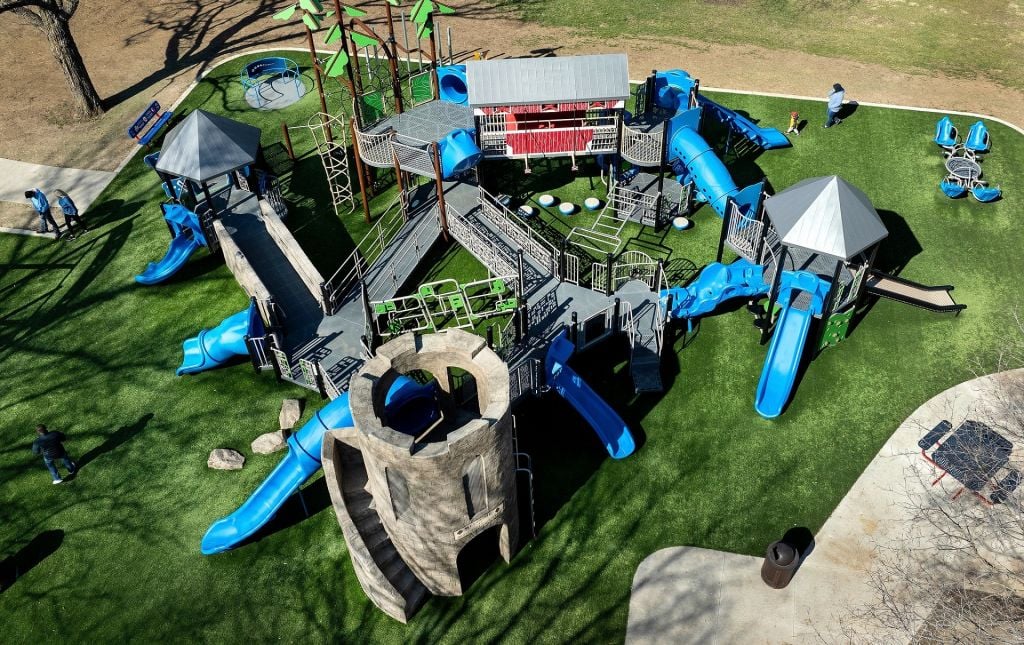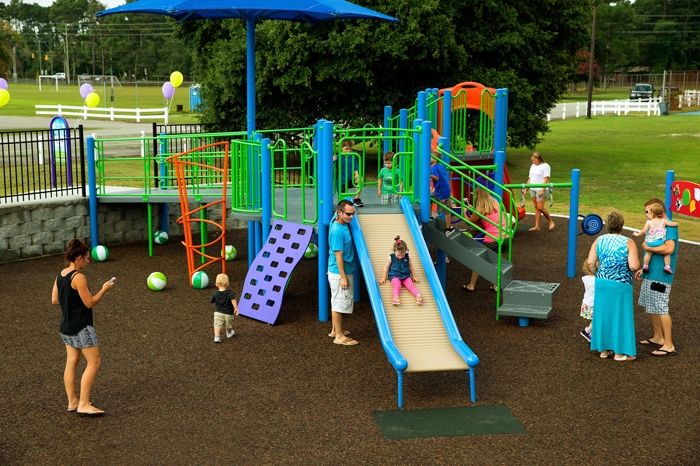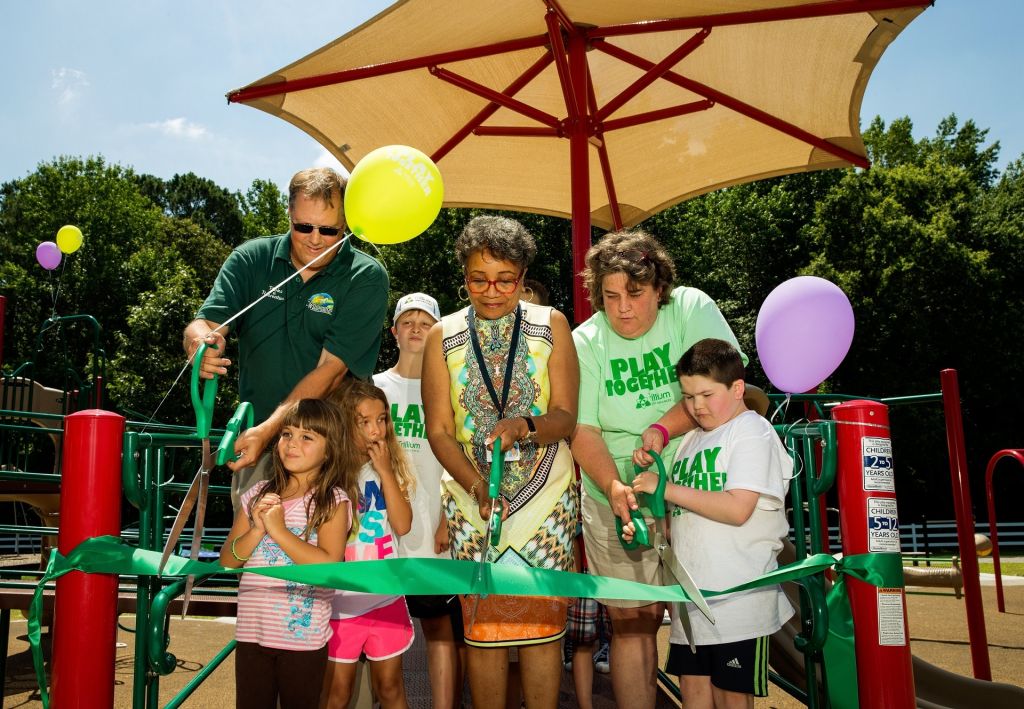Recess is often seen as a time for children to burn off energy, enjoy unstructured play, and interact with their peers. While these aspects of recess are crucial for physical health and social development, recess also plays a vital role in fostering important life skills—particularly conflict resolution and problem-solving.
That’s right—the playground is a dynamic environment where children learn how to navigate social challenges, resolve conflicts, and build the emotional intelligence they will need throughout their lives. Let’s explore how playground interactions during recess can foster conflict resolution and problem-solving skills, and why these experiences are important for children’s overall development.
Recess as a Real-World Social Laboratory
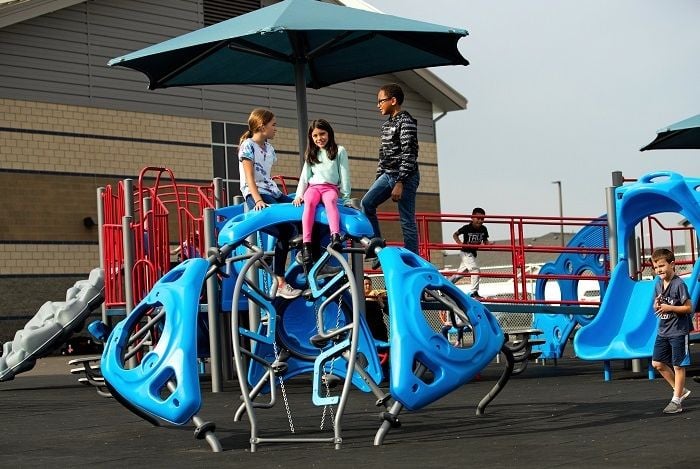
The playground is a microcosm of the real world, where children engage in social interactions without direct adult intervention. Here, they practice negotiation, cooperation, and compromise—all key elements of conflict resolution. These interactions allow children to test boundaries, understand different perspectives, and learn how to handle disagreements.
For example, when two children want to use the same swing or play different games, they are presented with a real-life conflict that needs resolving. Through negotiation, they may learn to take turns, create a new game that incorporates both ideas, or find other solutions. These experiences mirror situations they will encounter later in life, from workplace collaborations to personal relationships.
Developing Communication Skills
Effective conflict resolution relies heavily on strong communication skills. During recess, children are often required to express their needs, listen to others, and come to mutual agreements. Whether it’s negotiating game rules or resolving misunderstandings, the playground provides an ideal setting for children to practice verbal and non-verbal communication.
Some of the specific communication skills that kids develop on the playground are:
- Expressing emotions. Children learn how to articulate their feelings when something upsets or excites them. For example, if a child feels left out of a game, they may need to express their emotions to rejoin the group.
- Listening skills. In resolving conflicts, children must listen to their peers’ viewpoints. This helps them understand other perspectives and realize that different opinions are valid, fostering empathy.
- Finding solutions. Through discussion, children work together to find solutions to problems. This might involve brainstorming alternatives or compromising to make sure everyone is happy with the outcome.
Learning Empathy and Emotional Intelligence
Emotional intelligence—being able to recognize, understand, and manage emotions—is critical to conflict resolution. During recess, children naturally encounter situations where they need to manage their emotions and empathize with others. Whether it’s comforting a friend who is upset or recognizing when someone feels excluded, the playground provides a setting for developing these important emotional skills.
Encouraging Cooperation and Teamwork
Many playground games and activities require children to work together, which naturally fosters cooperation and teamwork. Whether it’s working as a team during a game of soccer or deciding on the rules for a new game, children learn that they must collaborate to achieve a common goal. When conflicts arise during these activities, children must work together to resolve them, often learning how to compromise or delegate tasks.
Handling Fairness and Rule Disputes
Fairness is a common theme in playground conflicts. Children often disagree about the rules of a game or feel that something isn’t "fair." These moments are important learning opportunities, as they allow children to practice resolving disputes around fairness, which often requires empathy and understanding of others’ perspectives.
For example, many playground games involve flexible rules that are open to interpretation. Children must agree on the rules, adapt them as needed, and ensure that everyone is on the same page. Games with winners and losers also teach children how to handle competition. When conflicts arise over the fairness of the outcome, children must learn to handle disagreements gracefully, either by reviewing the rules or by accepting the result.
The Role of Adults in Guiding Conflict Resolution
While recess is largely a time for children to learn independently, adults—whether teachers, playground supervisors, or parents—play a key role in guiding children through conflict resolution when necessary. Rather than immediately stepping in to solve disputes, adults can act as facilitators, helping children work through the problem themselves. Establishing ground rules for behavior during recess helps children understand the importance of fairness, respect, and cooperation.
Conclusion: Recess as a Foundation for Life Skills
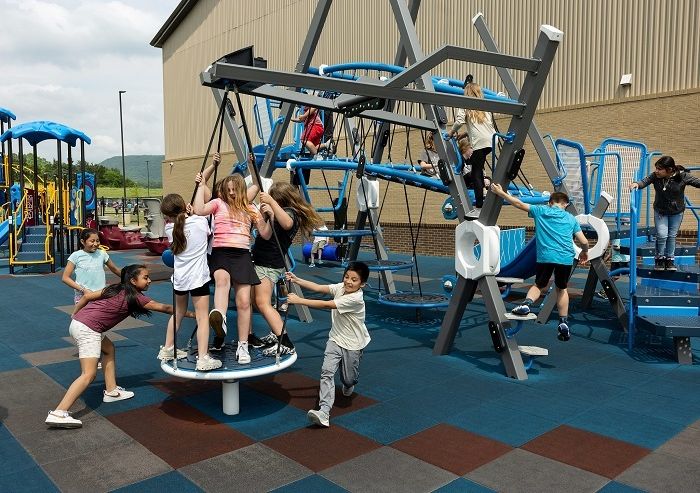
Recess isn’t just a break from academic learning—it’s a critical time for children to develop essential life skills such as conflict resolution, communication, teamwork, and emotional intelligence. The challenges and interactions that arise on the playground provide valuable lessons in problem-solving that children carry with them throughout their lives. To discuss your vision for building a new playground or upgrading your existing one, schedule a consultation with Cunningham Recreation. This is one investment that is worth making!
